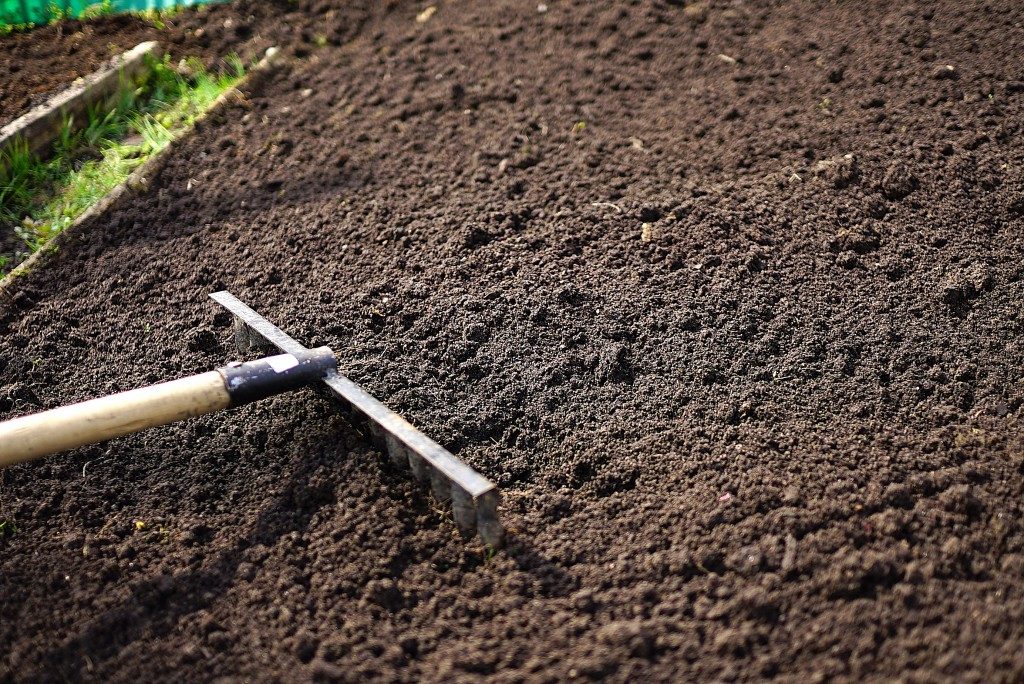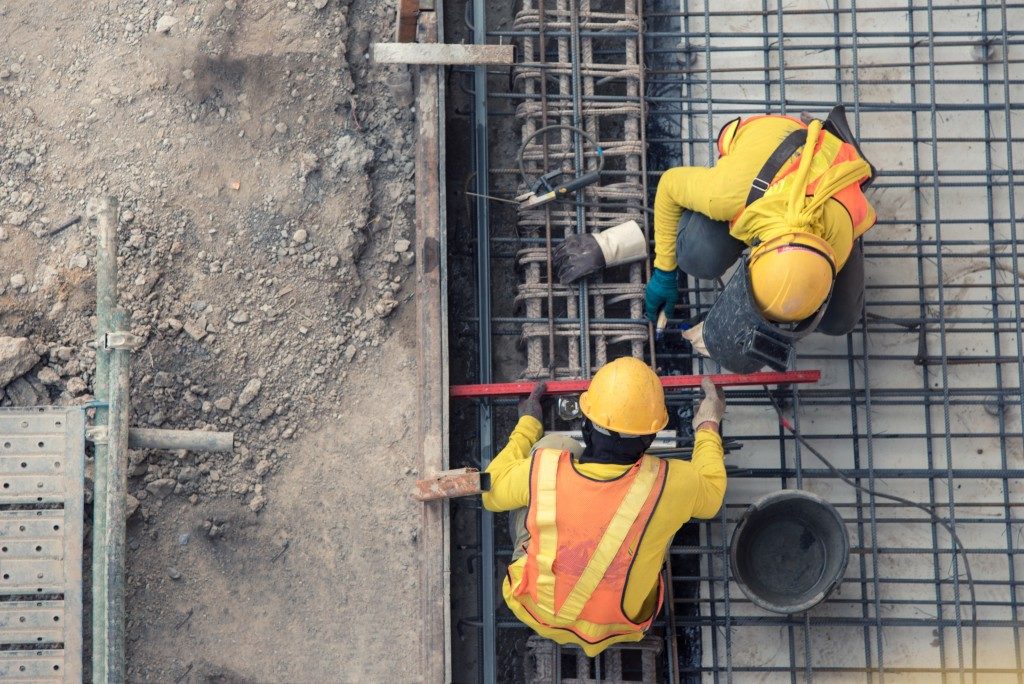- Designing with longevity is critical to building a solid and durable home.
- Quality materials should be used throughout the building, from the foundation to the roofing.
- Safety matters most when building a home, so choose quality materials tested and proven to provide superior protection.
- Proper installation techniques are essential for ensuring your home stands strong.
Building a house is a big undertaking. It takes a lot of time, effort, and resources. But after all that work, you want your home to last for years. To ensure your home stands solid and durable through the tests of time, there are several steps you can take during the construction process to make sure it will last.
Designing with Longevity in Mind
The first step towards building a strong and durable home is designing with longevity in mind. A well-thought-out design helps maximize your home’s life by considering things like local weather patterns, soil conditions, and other environmental factors.
For example, using epoxy floor sealers on your basement floors will make them more moisture-resistant. This is important as basement floors often get wet from water seeping through foundation walls. Without a proper sealer, your basement floors can eventually become damaged and unsafe, leading to costly repairs.
Building Materials Matter

Another important factor in building a solid and durable home is choosing suitable building materials. Quality materials from foundation to roofing should be used throughout the entire building process. Here’s why quality materials are essential when building a strong home.
Durability Matters
Durability is the most important reason to choose quality materials when building a home. Quality materials have been tested and proven to withstand harsh weather conditions, extreme temperatures, heavy winds, and more. This means they will last longer than inferior materials that may not be able to stand up against these elements over time.
Quality materials also have better insulation properties which help keep homes more relaxed in summer and warmer in winter. In addition, quality building materials require less maintenance over time, saving homeowners money in the long run.
Aesthetics Matter Too
Quality building materials not only make your home more durable but also more aesthetically pleasing. By choosing high-quality materials such as natural stone or hardwood flooring instead of laminate or vinyl floors, you can add value to your property while creating a beautiful look that will last for many years.
Quality paint also enhances the look of your home by providing better coverage and more vibrant colors that won’t fade over time, as cheaper paints can do.
Safety Matters Most
When building a home, safety should always be at the forefront of your mind. Choosing high-quality materials ensures that your home has the best safety features, including fire-resistant walls, shatterproof windows, waterproof roofs and foundations, and other features designed to protect you from potential danger. Quality material also protects against pests such as termites which can cause extensive damage if left unchecked.
Proper Installation Techniques

Proper installation techniques when constructing your home ensure it stands firm and durable over time. You want to ensure everything is put together correctly to last as long as possible without any issues arising. This means hiring qualified professionals who have experience installing these types of materials correctly so that they perform optimally over time.
Areas that Need Proper Installation
You might think DIY projects are the answer to ensuring your home is built correctly, but it’s best to leave certain construction areas to experienced professionals. As such, there are certain areas that you should permanently have professionally installed to ensure your home is safe and durable. These include the following:
- Electrical wiring: The wiring of your home is a crucial part of the safety and longevity of your house. Qualified professionals should permanently install electrical systems to ensure it is done correctly and safely.
- Plumbing: Similar to electrical systems, plumbing can cause significant issues if not correctly done. You want to ensure everything is connected and sealed correctly so no leaks can lead to water damage or, even worse, flooding.
- Foundation: Your home’s foundation holds it together and provides support over time. Having an experienced professional install the foundation correctly helps ensure everything is level and properly sealed against moisture and other elements.
The Bottom Line
Building a house can be an exciting yet daunting task, but it’s essential to take steps during construction to ensure its strength and durability over time if you want it to last for years.
From designing with longevity in mind with an experienced architect or engineer, selecting quality materials from wood to steel and brick, utilizing proper installation techniques by experienced professionals—following these steps will help you build a solid and sturdy home for years of enjoyment!


